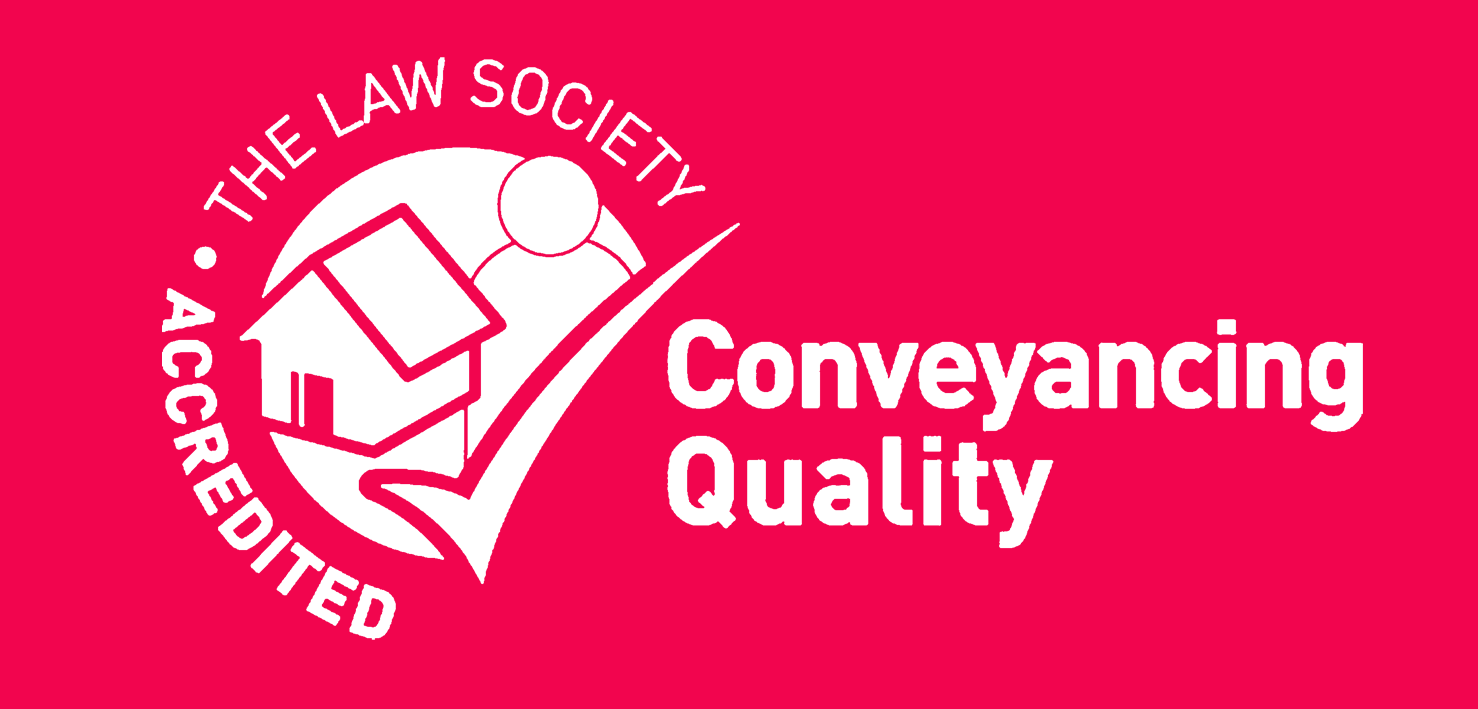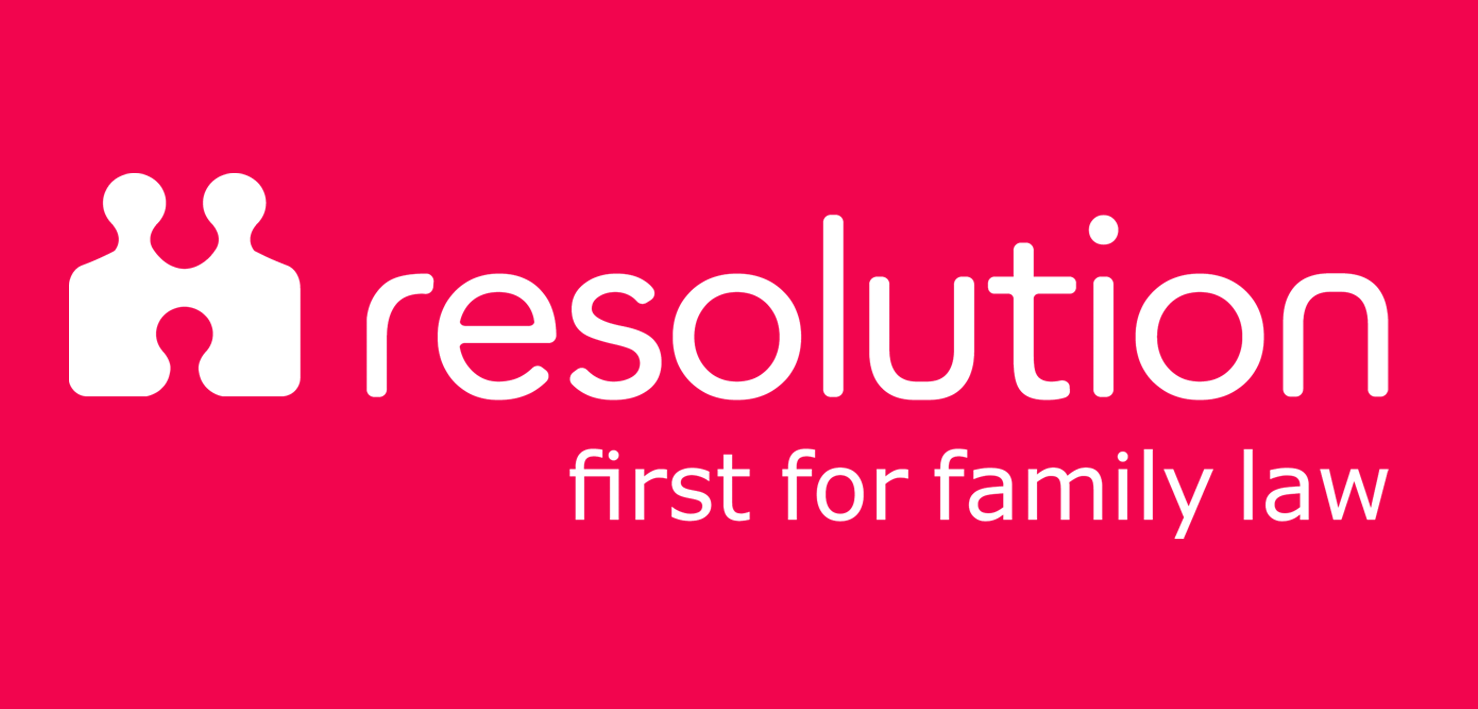Selling a business can be a complicated process, with many factors to consider both before and during the sale. James Wood, a solicitor in our commercial team has shared three things that you should bear in mind if you are considering selling your business.
1. Share sale or asset sale?
While some businesses are structured differently, for instance as partnerships or sole traders, the majority take the form of limited companies. There are, broadly speaking, two approaches to selling a limited company. You can either sell your shares in the company, or you can sell the assets of the company.
Each approach has its merits and limitations. Sellers often, though not always, favour share sales. When buying a company’s shares, the buyer takes on the entirety of the company, including any debts, liabilities, or contractual obligations it may have. This provides a seller with a clean break from the company. Additionally, the assets of the company themselves are not directly changing hands during a share sale; they stay within the company, with the change being the transition of shareholders. If the company has employees, these employees also remain with the company.
Conversely, buyers of companies frequently, though again not always, prefer asset sales, as these provide greater flexibility over which parts and assets of the company are sold. A buyer may see this as an opportunity to avoid taking on a business’ debts, or to not buy some of the business stock, instead leaving this with the seller. On the other hand, the flexibility of an asset sale can also benefit a seller. A seller may wish to only sell some of the assets of their business, but retain and continue to operate the remainder; an asset sale would be ideal in this situation.
Which of these sale structures best suits a seller’s needs will depend on their circumstances. In any event, some early consideration of what you want to achieve from the sale should guide you towards the structure that works for you.
2. Is there property involved?
Most businesses need a property from which to operate. This may be an office, a high street shop, a warehouse, or something else entirely. It is important to look into how your business occupies the property when considering a sale, and also whether the property is held in the name of the company or your personal name as shareholder.
Company name or personal name?
If you sell the shares in your company, and the company holds property directly, then the property will stay with the company, coming into the possession of the new shareholders. It is important to be aware of this should you be looking to use the property for another purpose after the sale.
Selling the assets of a business that holds property in its own name will not transfer the property automatically, unless it is expressly noted as an asset being transferred. A buyer may insist on including any such property in an asset sale if the business needs the property from which to operate.
Should you own a property in your personal name that your business occupies or trades from without a formal agreement or lease, it must be dealt with separately during a business sale, as it is not a business asset.
Freehold or leasehold?
Property can be owned, broadly speaking, in 2 ways; freehold or leasehold. In summary, freehold property ownership is outright, whereas leasehold ownership means that you will have a landlord. Freehold property is generally simpler to transfer as part of a business sale. Should leasehold property be involved in a business asset sale, you may need to seek permission from the landlord to assign the lease to the buyer, but this will not be necessary in a share sale as the company (the tenant) is not changing as far as the landlord is concerned.
If you are transferring property as part of a business sale, you should also consider whether you have any outstanding mortgage or other finance on it.
Whatever your exact property situation, you should allow for additional time and potential costs involved in transferring it alongside the rest of the business.
3. How long will it take?
Often overlooked is the time involved in completing a business sale. Even once a buyer is found and heads of terms are agreed, negotiations can take as long as several months from start to finish. Once heads of terms are agreed, the due diligence process and negotiation of the Share or Asset Purchase Agreement can take a significant length of time, depending on how extensive the buyer’s enquiries are and whether any points of the deal are disputed.
It is very important therefore that, if you are looking to sell your business, you factor in plenty of time for the sale after finding a buyer.
How we can help…
At Awdry Law we understand that every business is unique and that you want legal advice that is tailored to meet the individual needs of your business. You also want to speak to real people, who have the knowledge and experience necessary to provide you with the legal advice you need to achieve your goals.
And that is what we offer; a highly personalised service that is tailored to your business from a team of highly experienced and knowledgeable lawyers. We provide a combination of high quality legal expertise, sound commercial judgement and an understanding of how businesses operate in the real world.
If you are thinking of selling your business, and are looking for assistance with the sale, please do not hesitate to get in touch with a member of our team. Contact us.





